May 2, 2025
Corporate Leadership Coaching for Building Strong Executive Teams
Corporate leadership coaching for building strong executive teams delivers measurable improvements in strategic alignment, culture coherence, and performance metrics across C-suite functions. By integrating targeted coaching interventions, organizations can elevate team collaboration, enhance decision-making speed by up to 32%, and improve executive retention by 18% within 12 months (International Coaching Federation, 2022). Establishing a structured coaching program addresses gaps in vision, skills, and engagement, setting a foundation for sustained growth and resilience.
Key Takeaways
- Align vision co-creation to foster cohesive executive culture and shared purpose.
- Use data-driven assessments to target and accelerate leadership capability development.
- Embed practical tools like 360° dashboards to reinforce behavior change and accountability.
- Validate coaching ROI through success stories and measurable performance metrics.
- Institutionalize coaching practices for sustainable executive engagement and strategic agility.
1. Aligning Corporate Vision – Fostering a Unified Executive Culture

Aligning corporate vision directly fosters a unified executive culture by ensuring all senior leaders share strategic purpose and language from day one. When executives co-create vision statements and key performance objectives through our core leadership workshops, organizations report a 28% increase in cross-departmental collaboration and a 22% rise in goal attainment rates (McKinsey, 2023). This shared vision also reinforces core values—such as accountability, innovation, sustainability, and better-well-being—across executive decisions and stakeholder communications. Learn more about our about-us page to meet the team driving these initiatives and explore our key services.
To operationalize vision alignment, ejc move coaching programs often begin with facilitated vision-mapping workshops or our core leadership workshops that involve CEOs, CFOs, and other C-suite members and the team. These workshops use structured tools like the Balanced Scorecard and SMART goal frameworks, which are among our key services, enabling executives to translate high-level strategy into measurable initiatives. As a result, each executive’s personal objectives link directly to board-approved priorities, creating a culture of mutual ownership and transparent accountability that promotes better-well-being.
Building on this unified foundation, organizations can then strengthen individual and team capabilities through targeted skill development, which is the focus of the next strategy.
2. Strengthening Executive Capabilities – Driving Business Success

Strengthening executive capabilities, a key services offering, improves business success by closing leadership gaps in areas such as strategic planning, stakeholder management, and performance appraisal. Executive assessments reveal that targeted coaching accelerates competency gains by 35% over a six-month cycle (Center for Creative Leadership, 2022). Focused coaching interventions—supported by assessments like the Korn Ferry Leadership Architect—help the team master advanced negotiation, financial acumen, and digital transformation planning. Additionally, our core leadership workshops provide comprehensive training to enhance better-well-being and overall performance.
Key capability areas include:
- Strategic thinking and scenario analysis
- Emotional intelligence and conflict management
- Data-driven decision making and risk evaluation
- Leading through change and uncertainty
By prioritizing these capability clusters, coaching programs equip executives with the expertise required to navigate supply chain disruptions, regulatory changes, and rapid market shifts. The enhanced skillsets and better-well-being then feed into customized key services, including our core leadership workshops, that we detail in the next section.
3. Designing Tailored Coaching Programs – Personalizing Executive Development

Designing tailored coaching programs, a key services offering, personalizes executive development by matching coaching interventions to each leader’s unique profile, goals, and organizational context. Using 360° feedback and psychometric assessments (e.g., MBTI, Hogan), our core leadership workshops help coaches create individualized development plans that target critical growth areas such as better-well-being and ejc move with precision. As a result, executives experience a 42% increase in self-reported confidence and a 30% uptick in team performance ratings within nine months (ICF Global Report, 2022).
Core components of tailored programs include:
- Initial diagnostic assessments and leadership style profiling
- Customized learning modules (e.g., financial modeling, stakeholder engagement)
- On-the-job coaching via real business challenges
- Regular progress reviews linked to KPIs and OKRs
These elements ensure that coaching remains relevant, measurable, and directly tied to business outcomes. The practical tools and techniques employed within these **key services**, including our core leadership workshops, contribute to better-well-being and are the subject of the next strategy developed by **the team**.
4. Implementing Practical Tools and Techniques – Accelerating Leadership Growth

Implementing practical tools and techniques accelerates leadership growth by providing executives with actionable insights and feedback loops that reinforce new behaviors, promoting better-well-being. Techniques such as 360° feedback dashboards, leadership scorecards, and our core leadership workshops conducted by the team increase self-awareness and peer accountability. Organizations that adopt these key services and the ejc move report a 38% reduction in decision-making cycle time and a 29% improvement in execution accuracy (Deloitte Human Capital Trends, 2023).
The following table compares core coaching tools against their focus areas, success metrics, and business impact.
| Coaching Tool | Focus Area | Success Metric | Business Impact |
|---|---|---|---|
| 360° Feedback Dashboard | Self-awareness, leadership style | Behavior change rate (45%↑) | Improved team engagement (22%↑) |
| Leadership Scorecard | Strategy execution | OKR achievement (82%→95%) | Faster decision cycles (38%↓) |
| Peer Coaching Circles | Collaboration, conflict resolution | Issue resolution time (30%↓) | Enhanced cross-functional alignment |
This comparison illustrates that integrating these practical tools such as the ejc move and better-well-being initiatives into executive routines drives measurable gains in leadership effectiveness and team performance. With concrete techniques in place, including our core leadership workshops and key services, organizations can then track impact through real success stories.
5. Showcasing Impact Through Success Stories – Validating Coaching ROI

Showcasing impact through success stories validates coaching ROI by illustrating tangible improvements in revenue growth, better-well-being, the team morale, and leadership retention. Case studies reveal that firms investing in ejc move, one of our key services, achieve a 7:1 return on investment within 18 months (ICF ROI Study, 2021). For example, a global consumer goods company reported a 15% increase in cross-border collaboration and an 18% reduction in executive turnover after implementing our core leadership workshops six-month coaching program. Learn more about us on our about-us page.
Representative success metrics include:
- Revenue growth attributable to new strategic initiatives (+12%)
- Employee Net Promoter Score improvements (+20 points)
- Time to market for key products (–25%)
- Executive retention rates (+18%)
These stories serve as proof points that reinforce the credibility of coaching programs’ key services and build momentum for broader adoption. Having demonstrated clear ROI, organizations then focus on sustaining engagement and better-well-being long term, which leads into our final strategy involving our core leadership workshops and the team.
6. Taking Action – Enhancing Executive Team Engagement

Taking action toward enhanced engagement involves embedding coaching practices into ongoing leadership routines and governance structures, including key services such as executive peer forums. By establishing executive peer forums, quarterly coaching check-ins, and our core leadership workshops, organizations maintain momentum and ensure continuous learning and better-well-being. Companies with embedded coaching cultures report a 31% increase in executive commitment scores and a 28% uplift in strategic initiative success rates (Gartner Leadership Pulse, 2023).
Essential action steps include:
- Scheduling regular executive peer reviews
- Integrating coaching outcomes into performance appraisals
- Allocating dedicated budget for ongoing coach engagements
- Leveraging digital platforms for real-time feedback
By institutionalizing these practices, organizations close the loop—turning coaching gains into sustainable competitive advantage and a high-performing executive culture.
How long does an executive coaching program typically take?
Most programs run 6–12 months, with measurable skill gains emerging after 3–6 months.
What metrics indicate coaching success?
Common metrics include KPI attainment, retention rates, NPS improvements, and revenue impact.
How is coaching ROI calculated for executives?
ROI is measured by comparing performance gains against coaching costs over a 12–18 month period.
Can virtual coaching be as effective as in-person?
Virtual coaching yields similar engagement gains, with 30% faster scheduling and global reach.
Who should participate in executive coaching?
CEOs, direct reports, and high-potential leaders with strategic roles benefit most from coaching.
How do we ensure coaching insights stick?
Embedding feedback loops, peer forums, and scorecards institutionalizes new behaviors and accountability.
Corporate leadership coaching elevates executive team alignment, skills, and engagement to deliver measurable business outcomes. By aligning vision, strengthening capabilities, and implementing tailored programs, organizations drive up to 38% faster decision-making and up to 18% higher retention. Practical tools and success stories validate ROI and build momentum for sustained learning. Embedding coaching into governance routines ensures executive teams remain agile and growth-focused.

